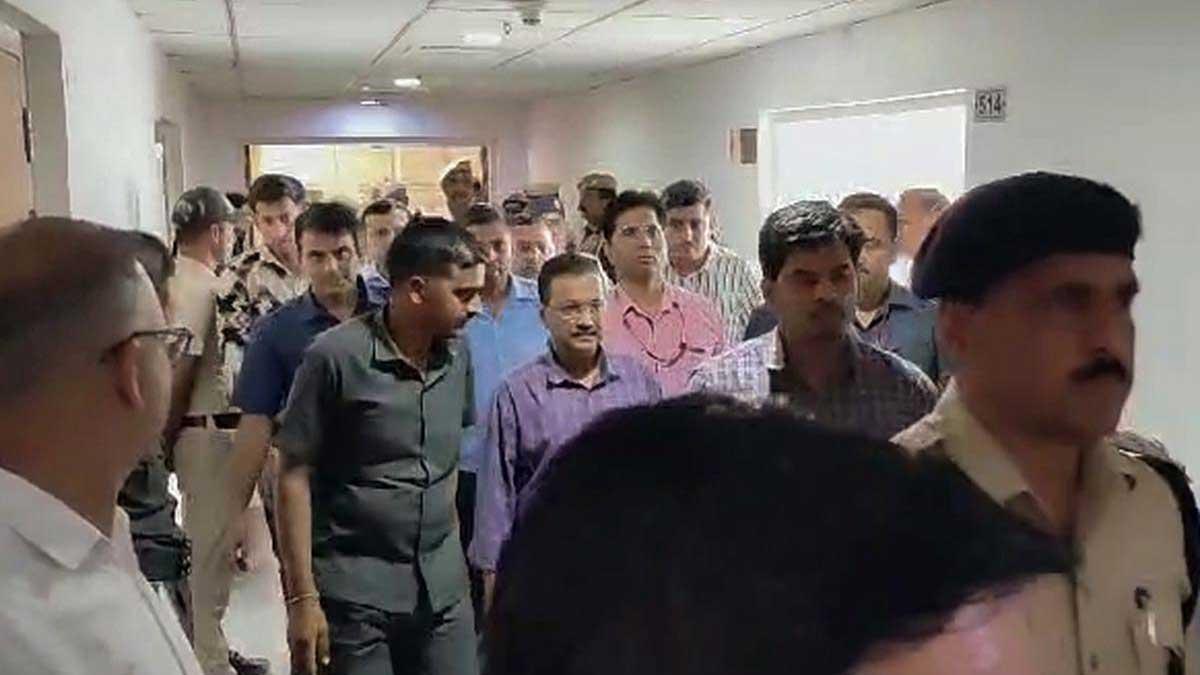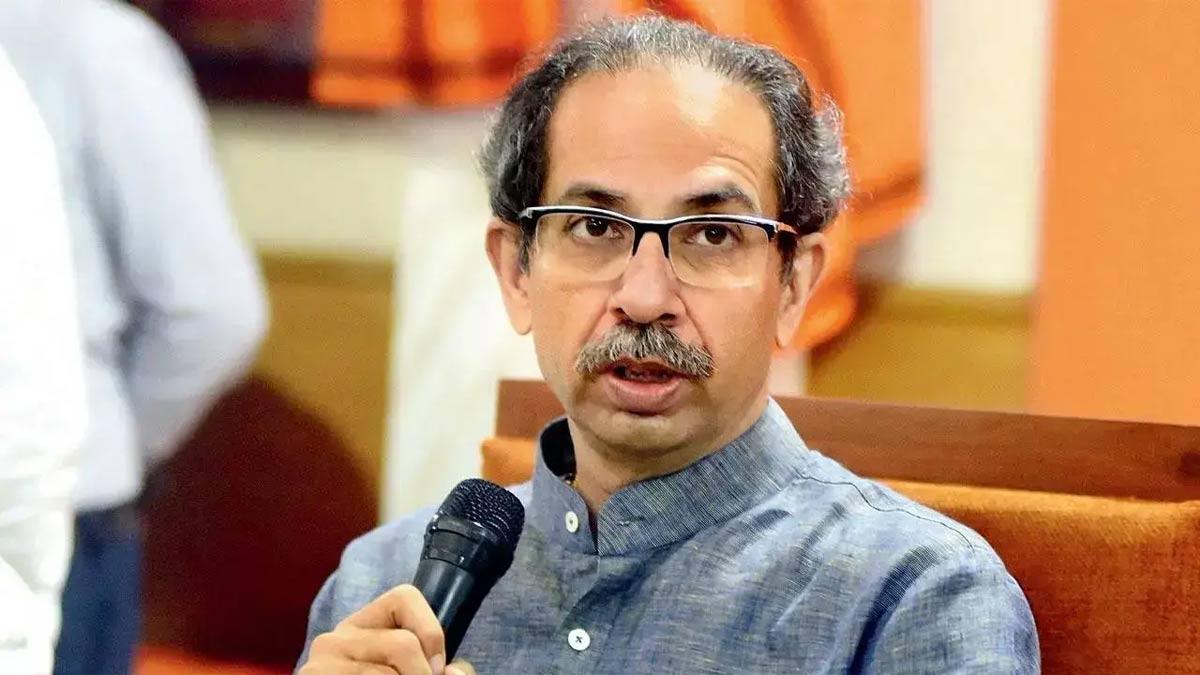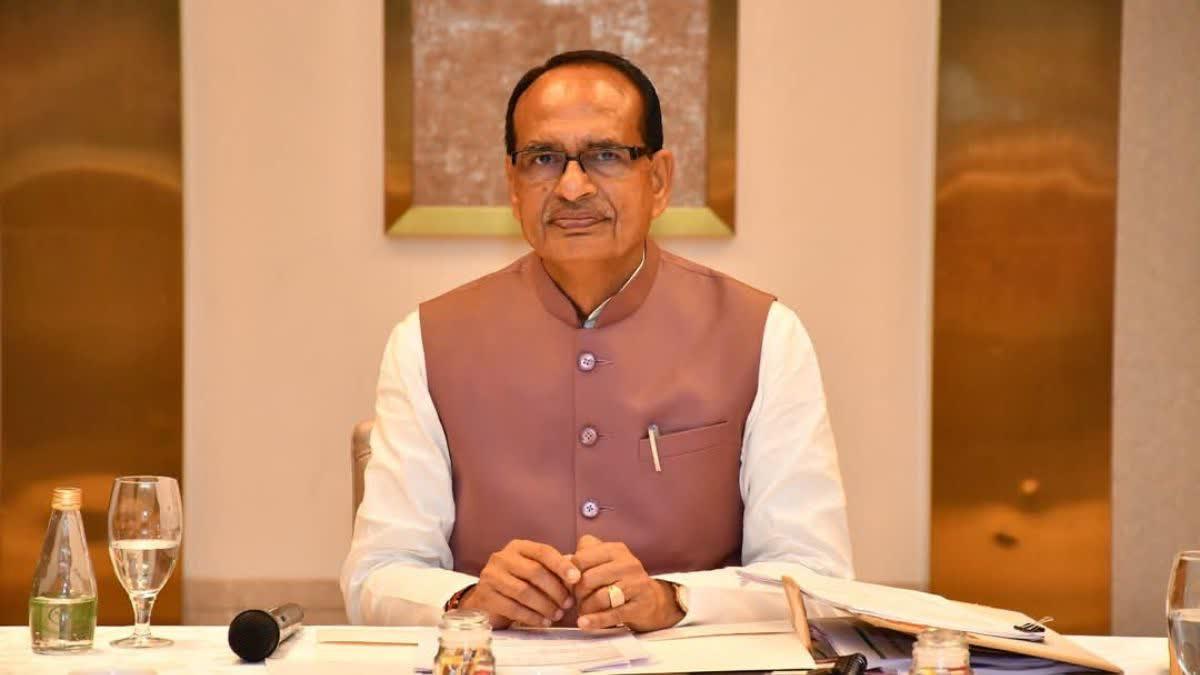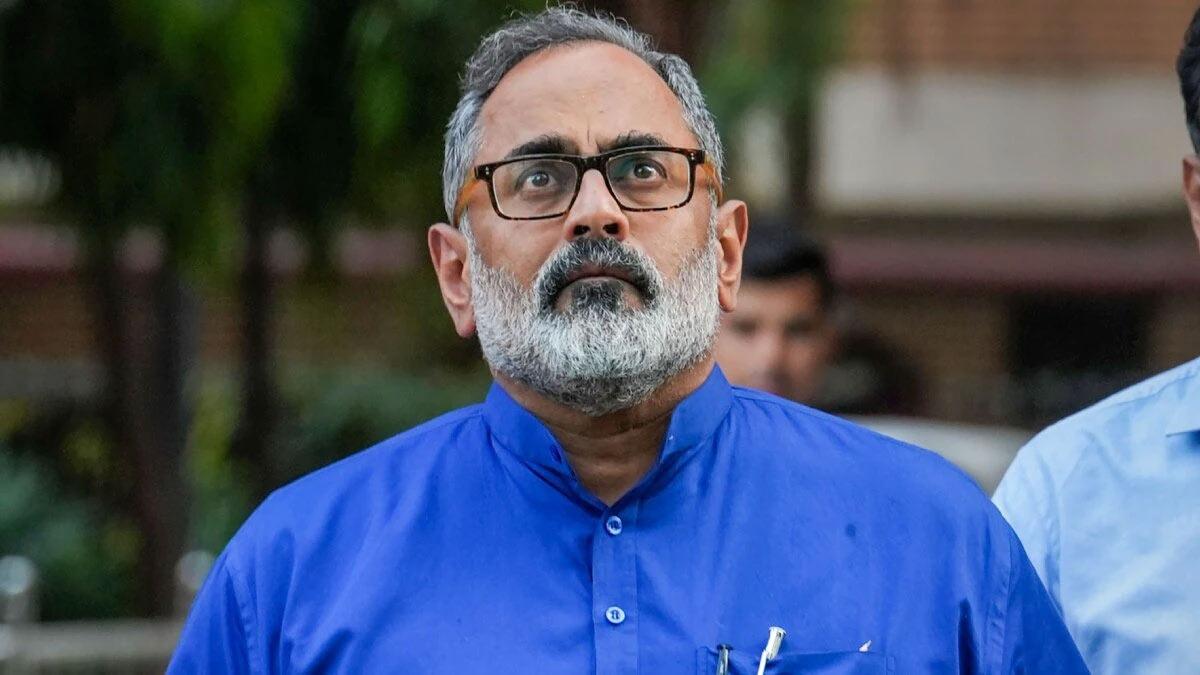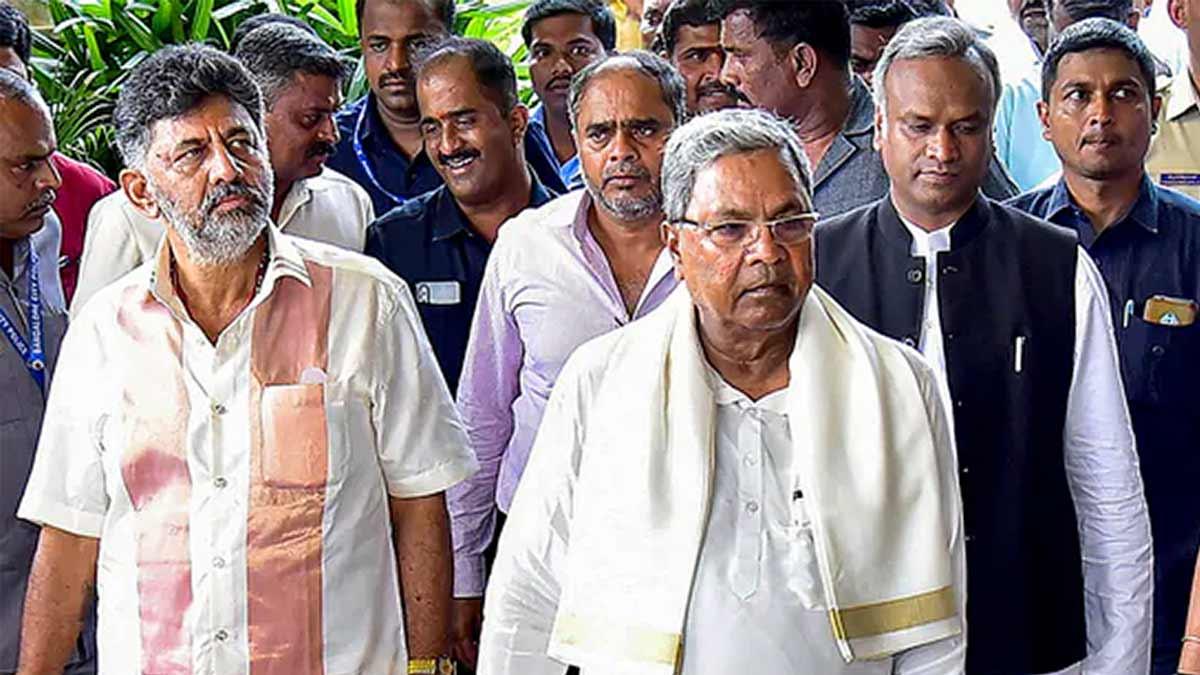A Delhi court has extended the custody of Chief Minister Arvind Kejriwal until March 28, following his arrest in connection with a money laundering case related to the excise policy. Special Judge Kaveri Baweja, presiding over the proceedings at the Rouse Avenue court, announced the decision and scheduled Kejriwal's next appearance for March 28 at 2 pm.
The court's ruling came after the Enforcement Directorate (ED) requested a 10-day custody for Kejriwal in the case. During the remand hearing, the ED asserted that Kejriwal, as the national convener of the AAP, played a pivotal role in the excise policy scandal, alongside other ministers and party members.
Kejriwal appeared before the trial court shortly after withdrawing his plea from the Supreme Court against the agency's arrest. According to the ED's submission to Judge Baweja, Kejriwal allegedly received substantial kickbacks from the 'South group' for devising and executing the Delhi Excise Policy 2021-22. The agency further claimed that he sought Rs 100 crore from certain individuals within the 'South group' to fund the Punjab elections.
Additional Solicitor General (ASG) SV Raju, representing the ED, revealed that Rs 45 crore, purportedly used in the Goa elections, was traced back to four hawala routes. He emphasized that the evidence, including statements from the accused and witnesses, was corroborated through Call Detail Records (CDR).
Amid tight security measures, Kejriwal was brought to the court premises around 2 pm. ASG Raju informed the court of the agency's request for a 10-day remand, asserting that the responsibility for the actions of the AAP as an entity falls on every individual involved in its governance.
Senior Advocate Abhishek Singhvi, defending Kejriwal, argued against the necessity of his arrest, highlighting that it marked the first instance of a sitting chief minister being detained in India. Singhvi urged the court to consider the broader implications for democracy and exercise judicial discretion judiciously during the remand proceedings.
Vikram Chaudhari, also representing Kejriwal, criticized the ED's role, accusing it of assuming the roles of judge, jury, and executioner. The case continues to unfold amidst heightened scrutiny and legal arguments from both sides.
Read Also | Chief Minister Kejriwal Praises Satyendar Jain as a Champion for Delhi Residents

